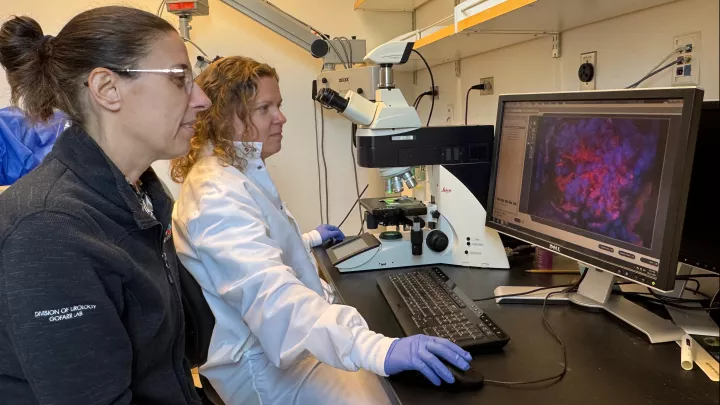Personalized Prevention and Care
Purpose
To develop an understanding of each child down to the cellular level to intervene early and effectively for a lifetime of health.
Why is Personalized Prevention and Care important?
Instead of a one-size-fits-all approach, personalized medicine takes into account the impact of genetics and the environment to discover better ways to prevent, diagnose and treat disease in individuals. Children have their entire lives ahead of them, and a precision-care approach will set them on track for a lifetime of better health. Personalized Prevention and Care at Children’s Hospital Los Angeles aims to accelerate the process from research discovery to development and delivery of individualized care.
Research Theme Leaders:
Implementation: Personalized Prevention and Care
The Saban Research Institute of Children’s Hospital Los Angeles is focused on unlocking the promise of personalized health care by:
- Providing diagnosis and intervention strategies based on molecular diagnosis, imaging and system-based analysis
- Developing specialized treatment for patients with rare diseases
- Developing a unique understanding of the differences that genetics, race, ethnicity and economics may have, and creating prevention strategies and precision therapies to address those needs
Our Timeline
Over time, our investigators will advance pediatric medicine and create healthier futures for children.
5 to 10 years:
- Improving diagnostic, prognostic and therapeutic accuracy
- Recognizing and intervening early, before symptoms emerge
- Developing safer and more effective treatments
- Leading genomics-guided pediatric clinical trials
- Becoming a trusted brand for unique services and treatments for patients
10 years and beyond:
- Setting the standards for pediatric personalized care and prevention
- Discovering treatments for childhood diseases that currently have no effective therapies
- Developing novel intellectual property including diagnostic and prognostic testing, apps and devices
- Lowering health care costs for a lifetime by intervening early and effectively to improve the health of a child and the adult they will become


